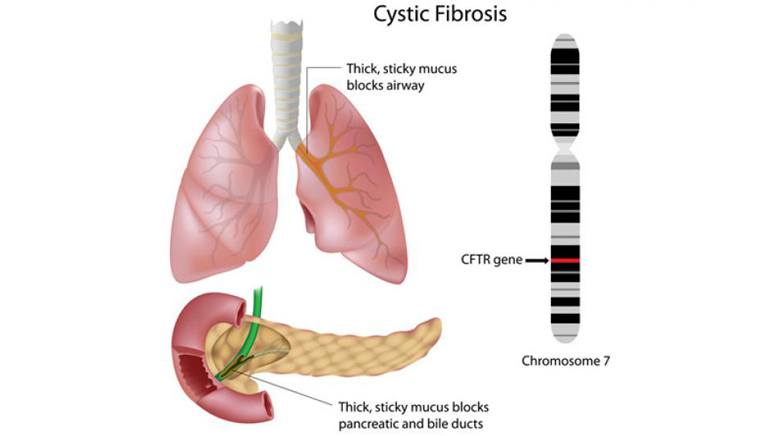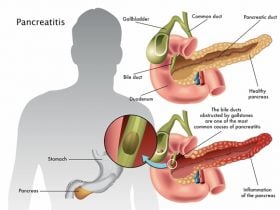Cystic Fibrosis

Cystic fibrosis (CF) [2] is a severe genetic condition that leads to serious damage to the digestive and respiratory systems. This damage to the system usually comes from a buildup of sticky and thick mucus in the organs. Usually, the most affected organs are the pancreas, lungs, liver, intestine, and liver. Note that the pancreas produces enzymes, which are crucial chemicals that break down proteins, fats, and carbohydrates in food. Hence, indigestion of individuals with cystic fibrosis, the small tubes responsible for transporting these enzymes out of the pancreas become blocked with mucus. Due to the blockage, the enzymes buildup in the pancreas instead of getting to the digestive system. This state causes the pancreas to become inflamed. In most cases, people with CF take supplements to replace the enzymes with their meals for digestion. CF is usually diagnosed by performing a series of tests. These tests include sweat chloride test, sputum test, immunoreactive trypsinogen test, chest X-ray, pulmonary function tests, and CT scan.













